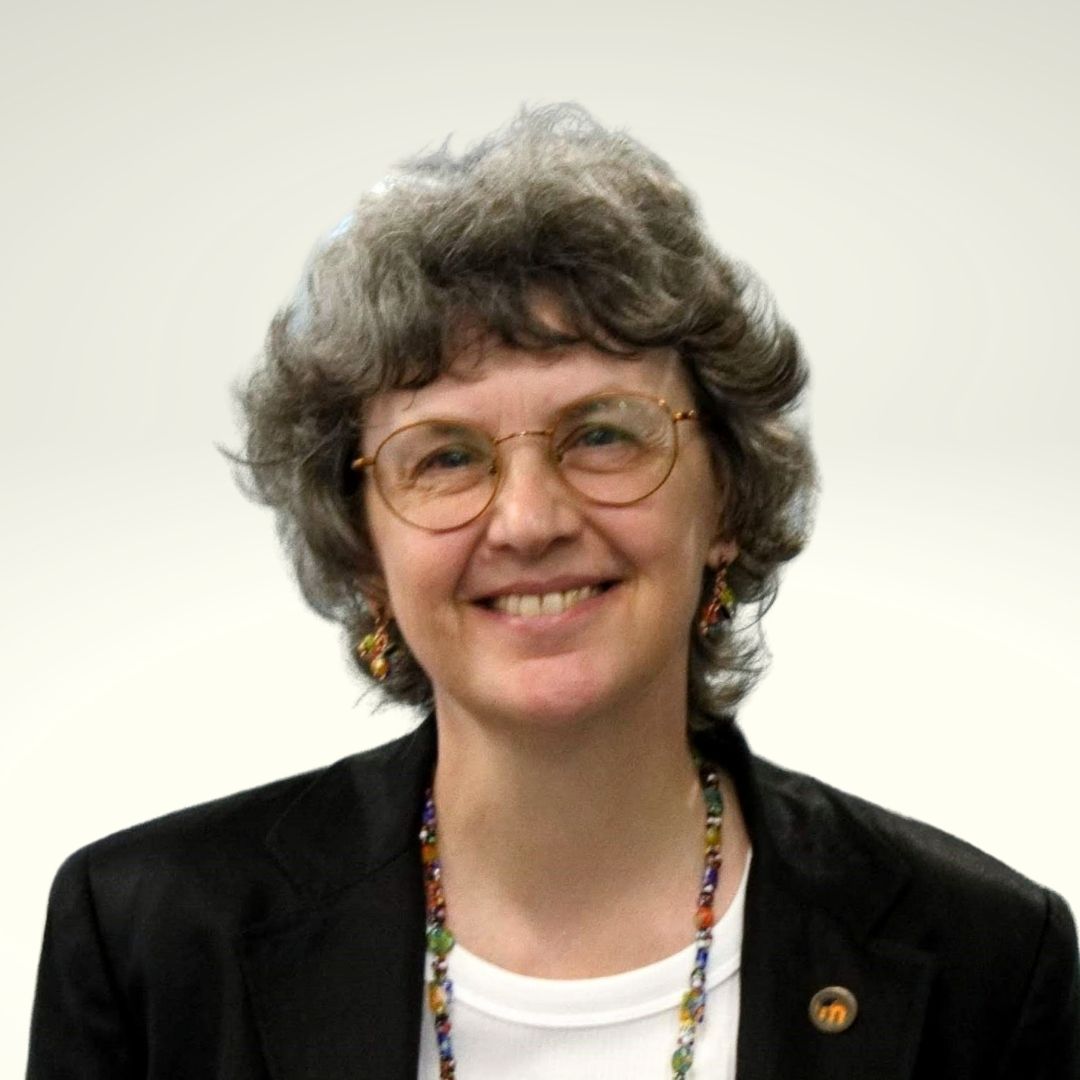The better you understand your audience, the better your presentation will be, and the better results you’ll get.
Imagine you’re a 4th grade science teacher who just wrapped up an experimental pilot summer learning program. You surveyed the participating kids at the beginning and end of the program to determine how their attitudes about science may have changed. You believe the data shows a great success story, and you want to continue the program.
But if you’re headed into this presentation thinking you just want to tell folks about it, then fuggetaboutit. 99% of the time, you’re not merely informing your audience; you’re persuading them.
As the 4th grade science teacher, who might your audience be? The angle you take for each audience will be different.
- Parents of students who participated: You’re persuading them it was worthwhile.
- Parents of prospective students: You’re persuading them this program is THE pathway to a successful career and adulthood.
- Other teachers who might be running a similar program or would like to: You’re persuading them to do it.
- The budget committee that controls the funding for your program: You’re persuading them to give you money.
In each of these cases, you must narrow down your argument into one sentence that articulates your unique point of view and conveys what’s at stake. Nancy Duarte calls this the “Big Idea.”
Let’s say you’re presenting to the budget committee and advocating for more funding. Here’s an effective Big Idea:
“The pilot summer learning program was successful at improving students’ perceptions of science and, because of this success, we recommend continuing to offer it going forward; please approve our budget for this program.”
Now what? In our next posts, we’ll consider how to use data effectively and ethically to convince the budget committee to approve our budget request.

Elizabeth Dalton measures and improves educational tools, processes, and results by using her experience in instruction and assessment design, development, documentation, and delivery, combined with her knowledge and expertise in technology and statistical methods.
Resources
Explore Learning Analytics Insights
How a Data-driven Approach to Training Can Rev Up Your Business
Learn how analyzing your learning and development data is essential for your business and will help you achieve KPIs faster.
Six Critical Elements of a Learning Analytics Framework
Learn how a learning analytics framework can help you get the most out of your investment in education or training.
Preparing for the New Pell-Funded Workforce Development Era: How IntelliBoard Supports Compliance and Accountability
With the passage of the Bipartisan Workforce Pell Act, institutions across the country are preparing for a new era of federally funded, short-term workfor [...]




